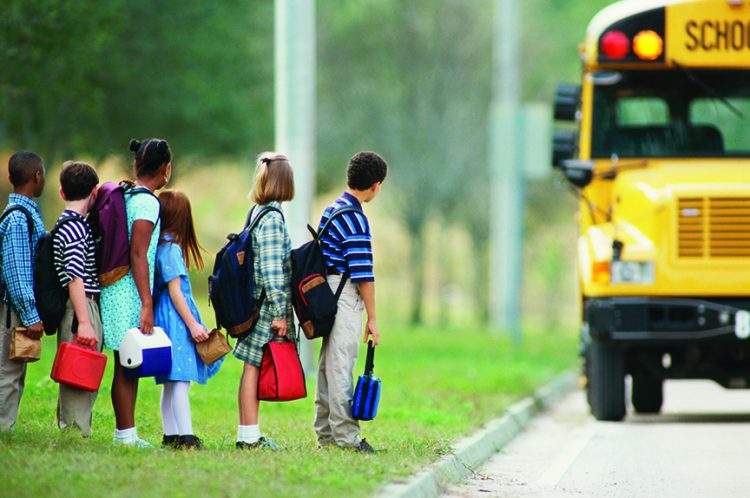When you see a school bus, be cautious at all times


As families prepare for another school year, the Wisconsin State Patrol reminds drivers to slow down and pay attention, to keep kids safe. Traffic patterns will change as schoo...


As families prepare for another school year, the Wisconsin State Patrol reminds drivers to slow down and pay attention, to keep kids safe. Traffic patterns will change as schoo...